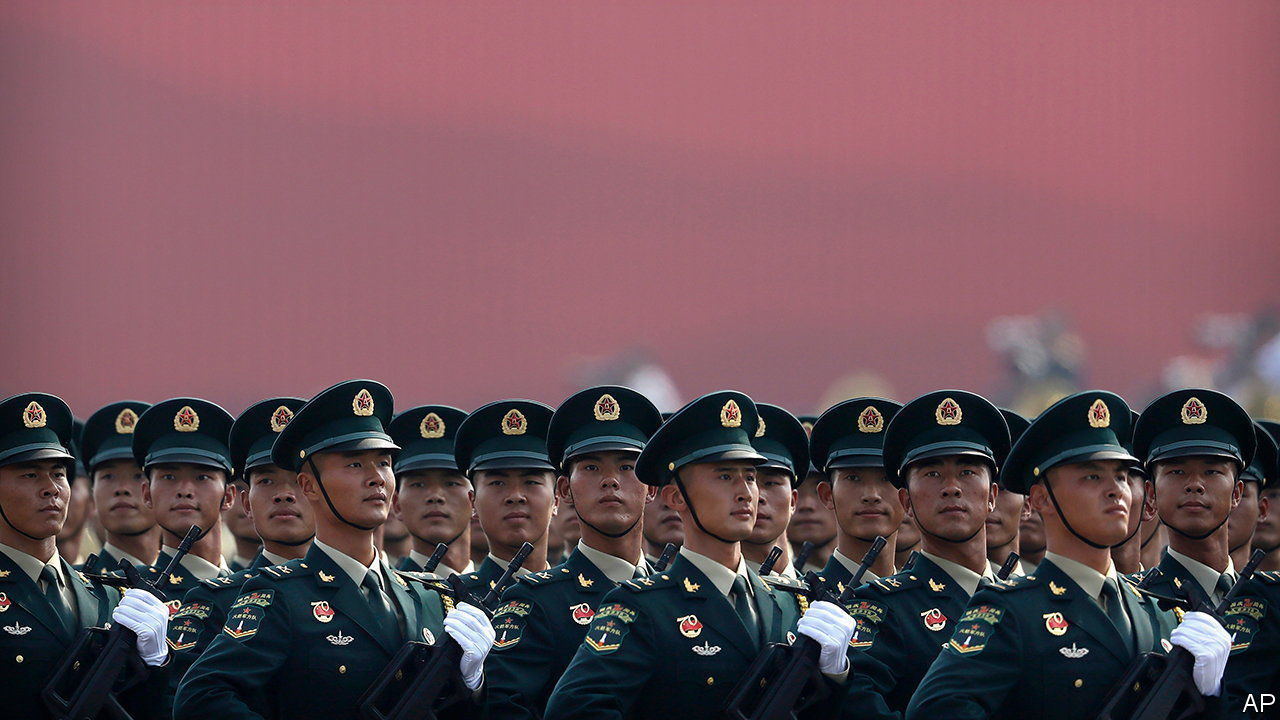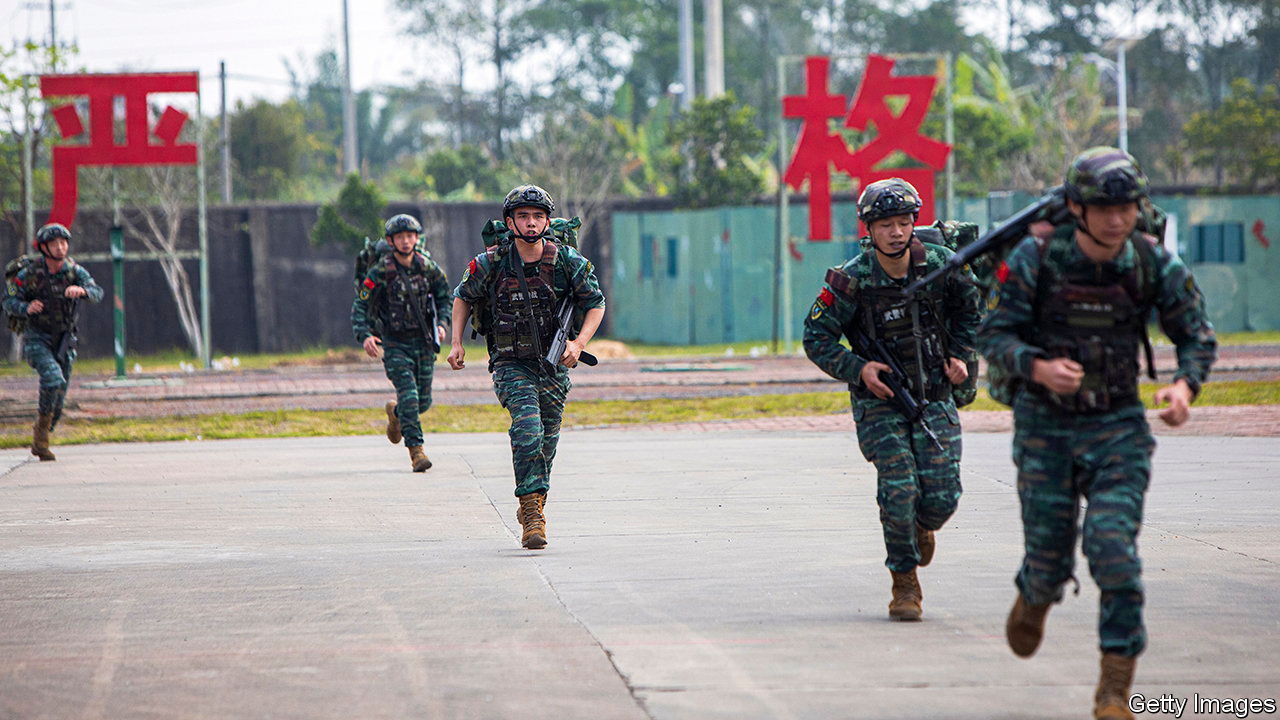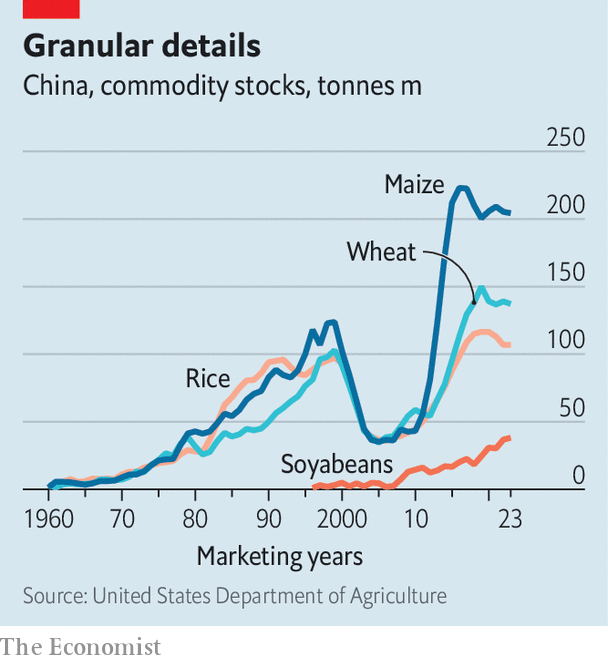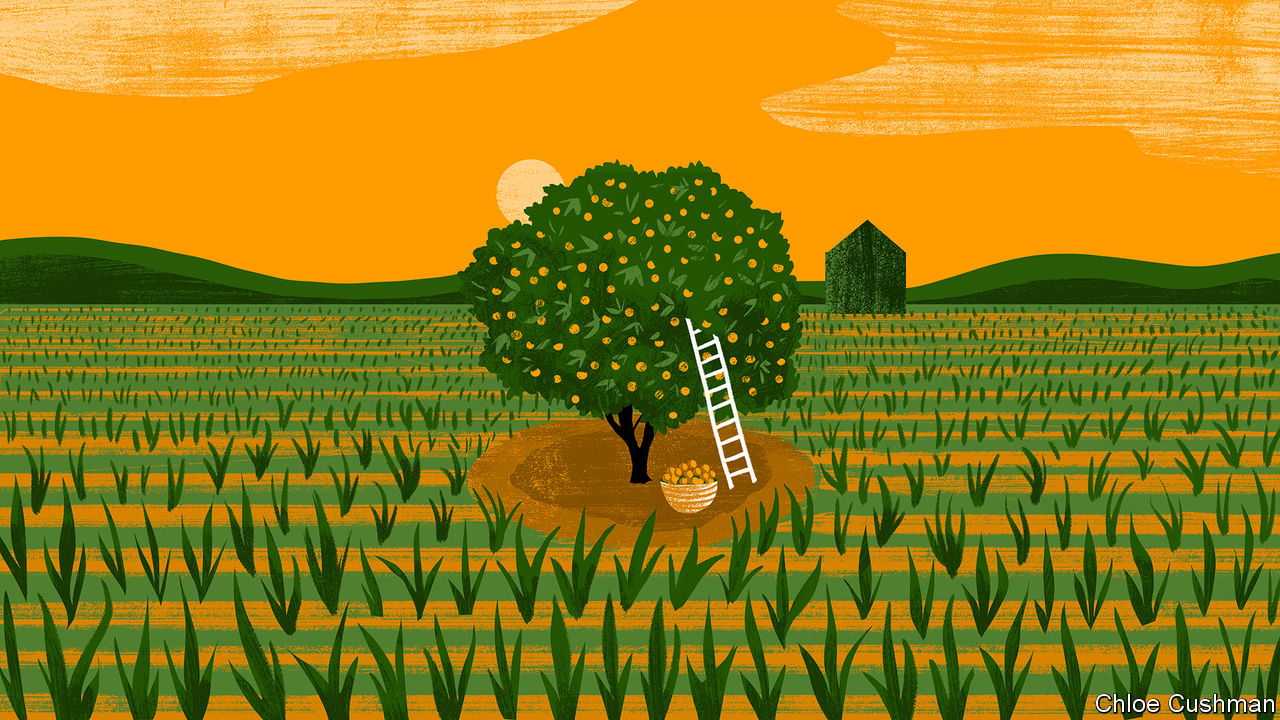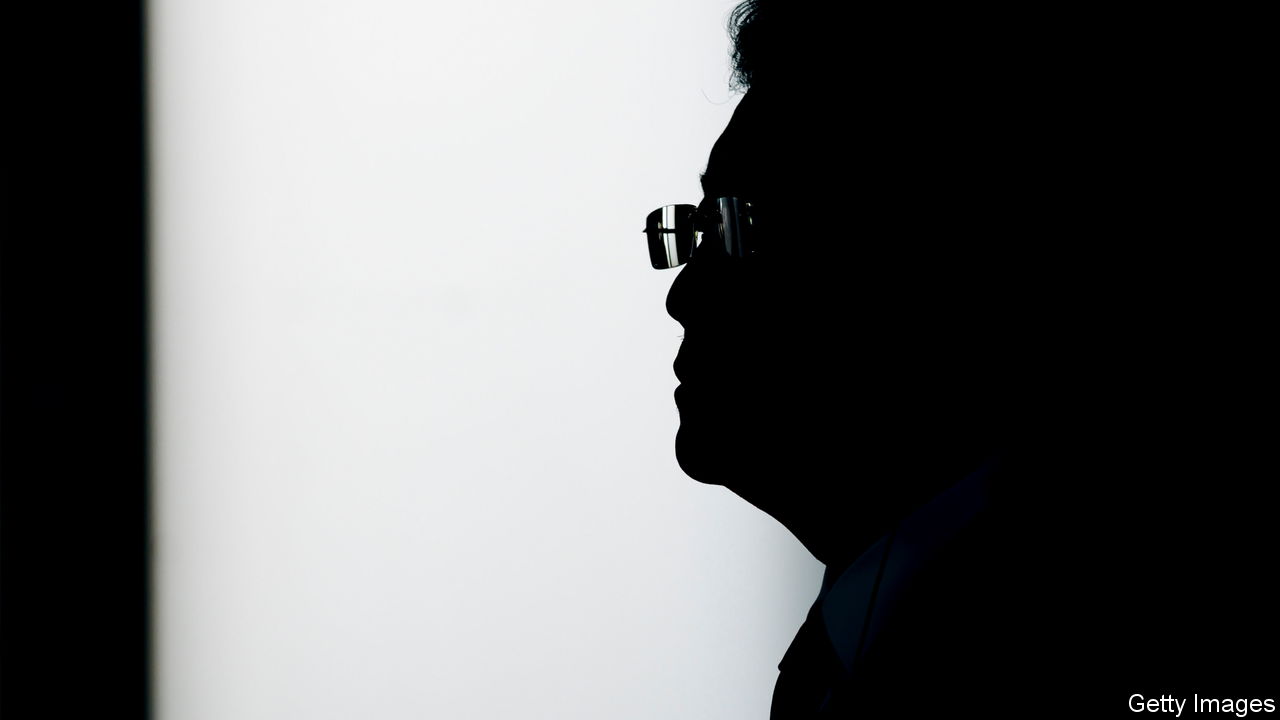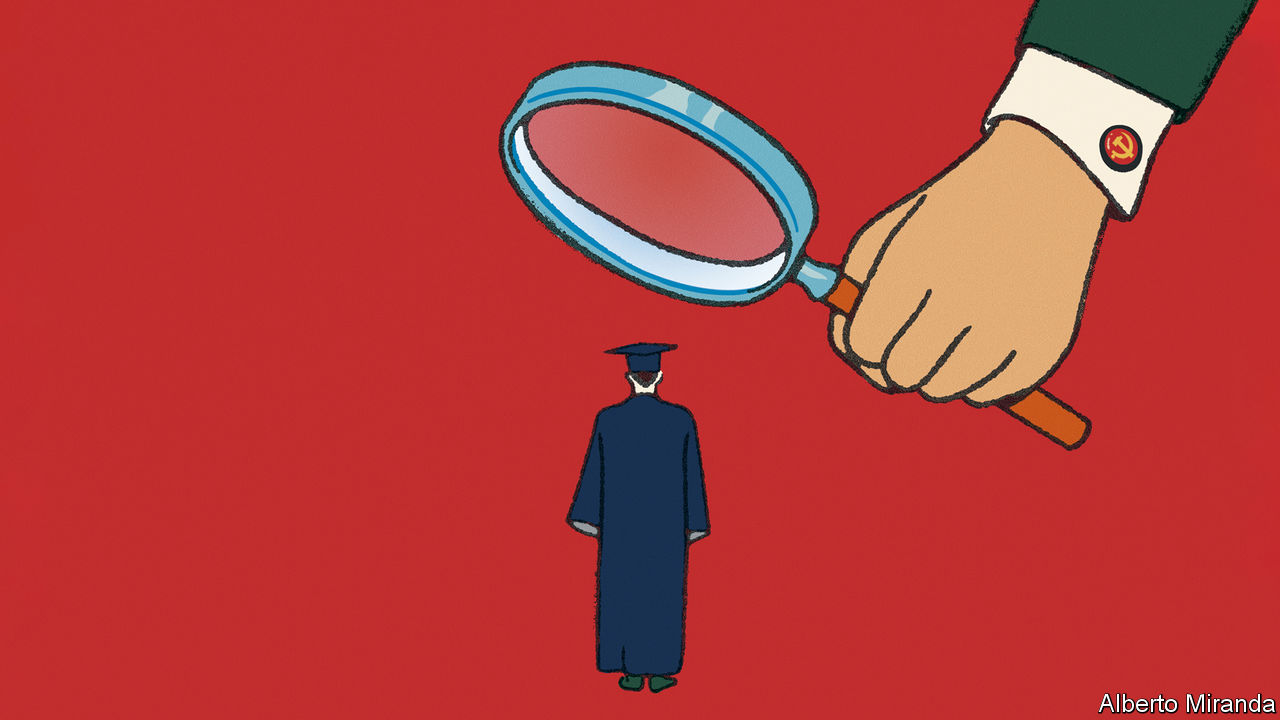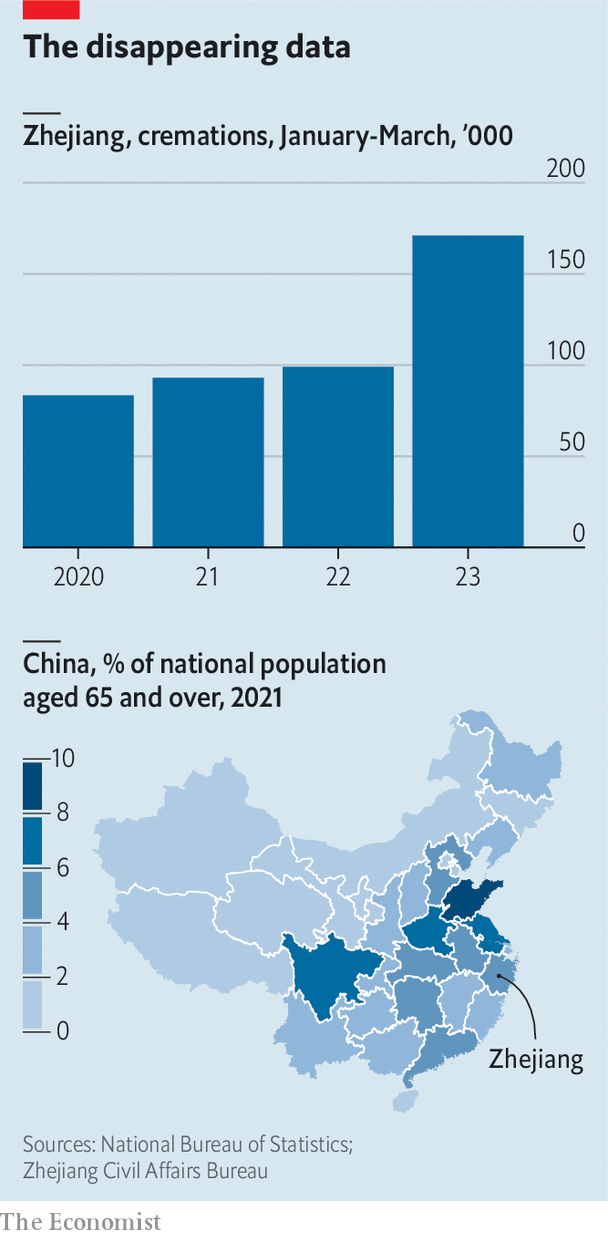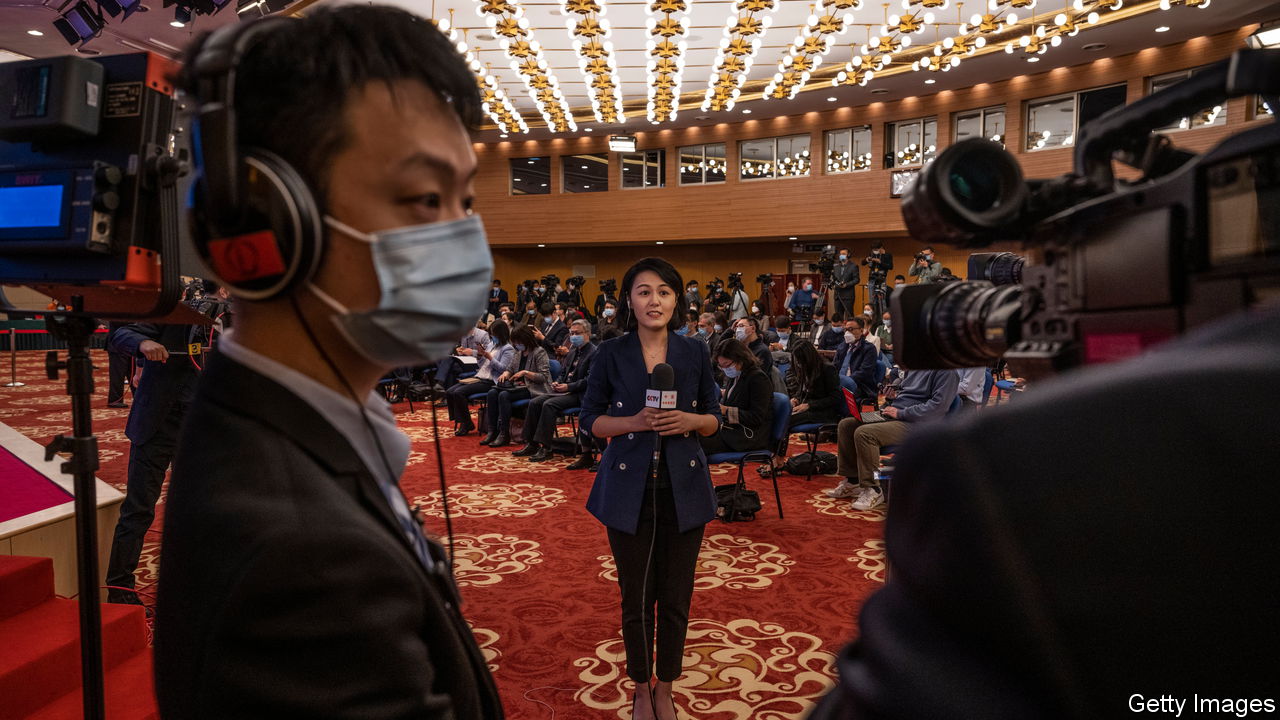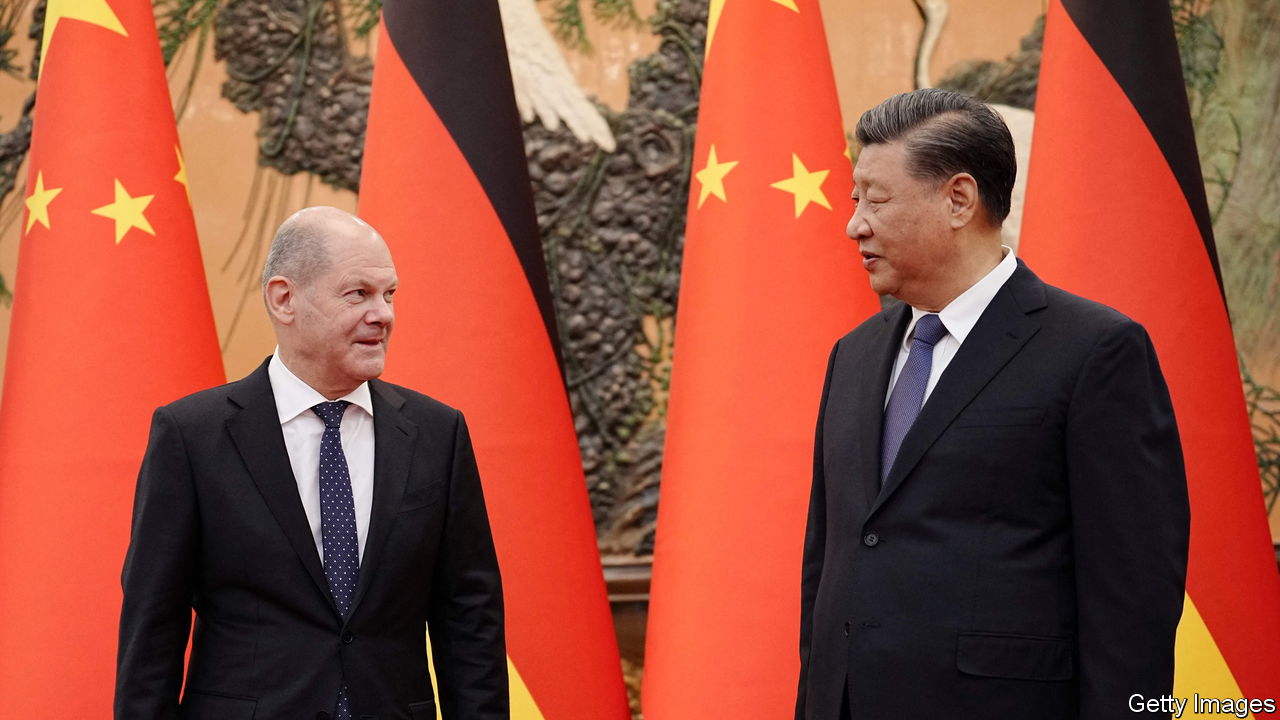CHINA IS ENDURING a year of frightening weather. Beijing, the capital, just experienced its heaviest downpours in 140 years, shortly after enduring an unusually brutal heatwave. Over a four-day period starting on July 29th, Beijing recorded 744.8mm of rain—more than the city sees in a typical year. Still heavier rain, and more extreme flooding, was endured in the capital’s outlying districts and nearby cities. Swollen rivers washed away bridges and roads and trapped passengers on long-distance trains. A death toll of more than 20 in Beijing and surrounding areas is…
Category: The Economist
What to make of a surprise shake-up in China’s nuclear force
THE LAST time that China’s supreme leader, Xi Jinping, purged the top tiers of the military elite, he could blame their venality on his predecessors. His two most senior scalps, Generals Xu Caihou and Guo Boxiong, were both accused of taking massive bribes in exchange for promotions. But not on Mr Xi’s watch. The generals had joined the Communist Party’s Central Military Commission, which oversees the armed forces, in 1999 and retired as its vice chairmen in 2012, the year that Mr Xi took power. The downfall of General Li…
What war mobilisation might look like in China
China’s war games are highly visible. Witness recent maritime drills with Russia and air drills with Thailand, as well as an exercise to transport troops using a passenger ferry in advance of Taiwan’s own war exercises, which started on July 24th. China’s leader, Xi Jinping, has pledged to achieve the “peaceful reunification” of the mainland with Taiwan, yet some commentators fear that China may instead try to take Taiwan by force. Any such effort would be hard to hide. If China wanted to invade Taiwan, it would be a “national,…
Could economic indicators signal China’s intent to go to war?
In the early 1980s, during a tense period in the cold war, the Soviet Union feared that America and its allies were considering a nuclear strike and went looking for warning signs. The KGB’s list of indicators ranged well beyond the military sphere. Big campaigns to donate blood, the slaughter of livestock and the movement of art might signal that an attack was coming. Today a new kind of cold war pits America against China. And again analysts are looking for signs of a potential conflict. The most likely flashpoint…
In Xi Jinping’s China, central planners rule
The problem with central planners is not that they make mistakes. After all, everyone is fallible: even (oh, the shame of it) newspaper columnists. The trouble with technocrats is how they respond when plans go awry. All too often, when goals are missed or policies backfire, their solution is another plan laid on top. Listen to this story.Enjoy more audio and podcasts on iOS or Android. Your browser does not support the <audio> element. This dynamic is increasingly visible in the China ruled by Xi Jinping. And it is especially…
China’s missing foreign minister loses his job
Proximity to Xi Jinping—backed by a well-judged blend of worldly charm and anti-Western scorn—propelled Qin Gang (pictured) to the top of China’s foreign ministry at stunning speed. On July 25th Mr Qin fell, losing his job as foreign minister after vanishing from the public eye for 30 days. The formal announcement, when it finally came, left everything else about Mr Qin’s fate shrouded in mystery. No mention was made of the unspecified health problems which had been offered, albeit half-heartedly, as an explanation for his absence by underlings. The Communist…
Can academic joint ventures between China and the West survive?
Filing into a graduation ceremony to the strains of Edward Elgar’s “Pomp and Circumstance March No. 1” is quintessentially American. As they did so in May, clad in violet-coloured gowns, students at the campus in Shanghai of New York University (NYU) may have reflected on the oddity of this cultural transplant: not just the music, but their whole experience as undergraduates. Relations between China and the West—especially America—are becoming increasingly tense. China is trying to purge its universities of liberal thinking. Yet here were nearly 400 students, about half of…
A clue to China’s true covid-19 death toll
On July 13th the authorities in Zhejiang, a rich coastal province, released what they probably thought was innocuous data about cremations in the first quarter of 2023. Around 171,000 took place during that time, up by 73% compared with the same period last year. The jump was undoubtedly caused by a wave of covid-19; the central government lifted all covid controls in December 2022. Just under 5% of China’s population aged 65 or older lives in Zhejiang. If one assumes that its share of covid deaths is similar (the disease…
How China trains its journalists to report “correctly”
Some years ago China’s leader, Xi Jinping, issued instructions to the reporters working for state-run newspapers and television stations. He demanded “critical reports with accurate facts and objective analysis”. But he also told the journalists that they must “love and protect the Communist Party”. He did not explain what they should do if one instruction conflicted with the other. Listen to this story.Enjoy more audio and podcasts on iOS or Android. Your browser does not support the <audio> element. A new educational app for China’s journalists, introduced on June 30th,…
Germany’s new strategy for dealings with China
Three years ago, Angela Merkel, then Germany’s chancellor, said it was important to have a “relationship of trust” with China. On July 13th the government that succeeded her published a long-awaited paper laying out how it plans to handle those ties. It did not echo Mrs Merkel’s belief. “China has changed,” it said, adding: “As a result of this and China’s political decisions, we need to change our approach to China.” Governments across Europe have long been saying much the same. But for Germany to set out a detailed case…

